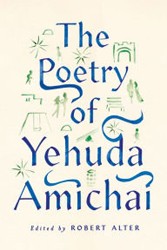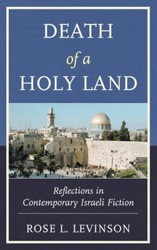In selecting from the vast array of Hebrew literature thirty-two works that give a representation of a canon of writing spanning over a thousand years in Jewish history, Curt Leviant has accomplished an extraordinary task.
Some of the works are by familiar authors such as Maimonides and Rashi, two of the giants in Hebrew scriptural interpretation and commentary. But Leviant includes many lesser known figures, for example Judah He- Hasid, as well as some anonymous writings. Given the breadth of Hebrew scholarship and writing, it is no small task to have made these selections, which give the reader an understanding of the development of Hebrew literature over the centuries and some insight into how Jews, at various times both inside and outside of Israel, came to understand the foundational text of the bible.
Each selection is preceded by a short exposition on the author, the time and place of the text, and other insights into the importance of the text in the Hebrew canon. There follows one or two selections from the piece to give the reader a flavor of the writing. The chain of Jewish history, philosophy, commentary, and tradition is linked by each of these examples of great intellectual thought.





